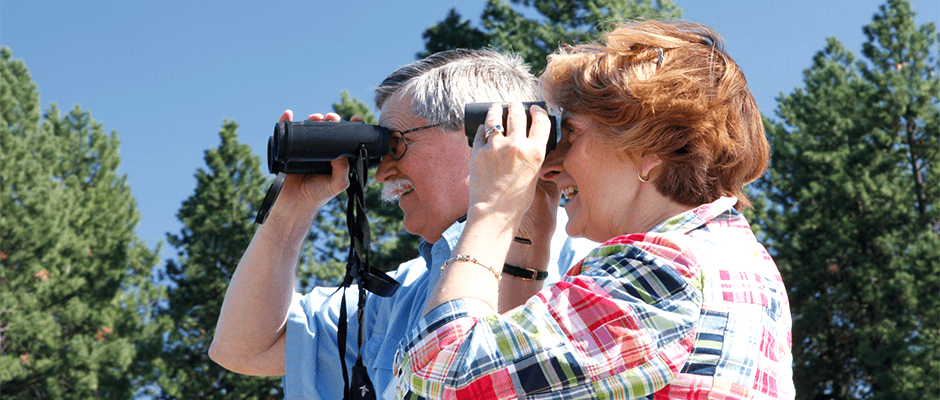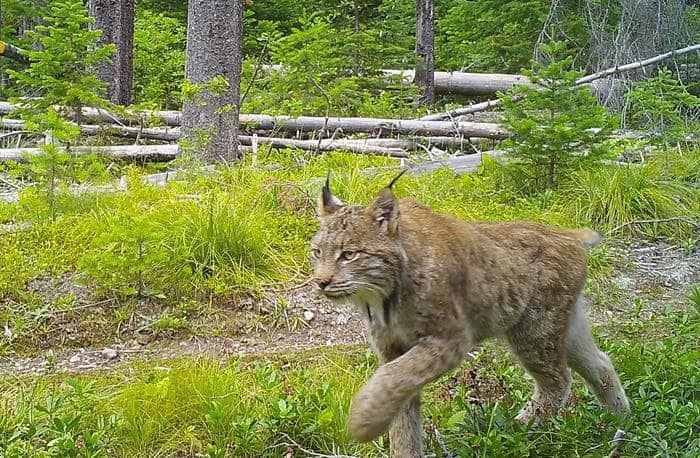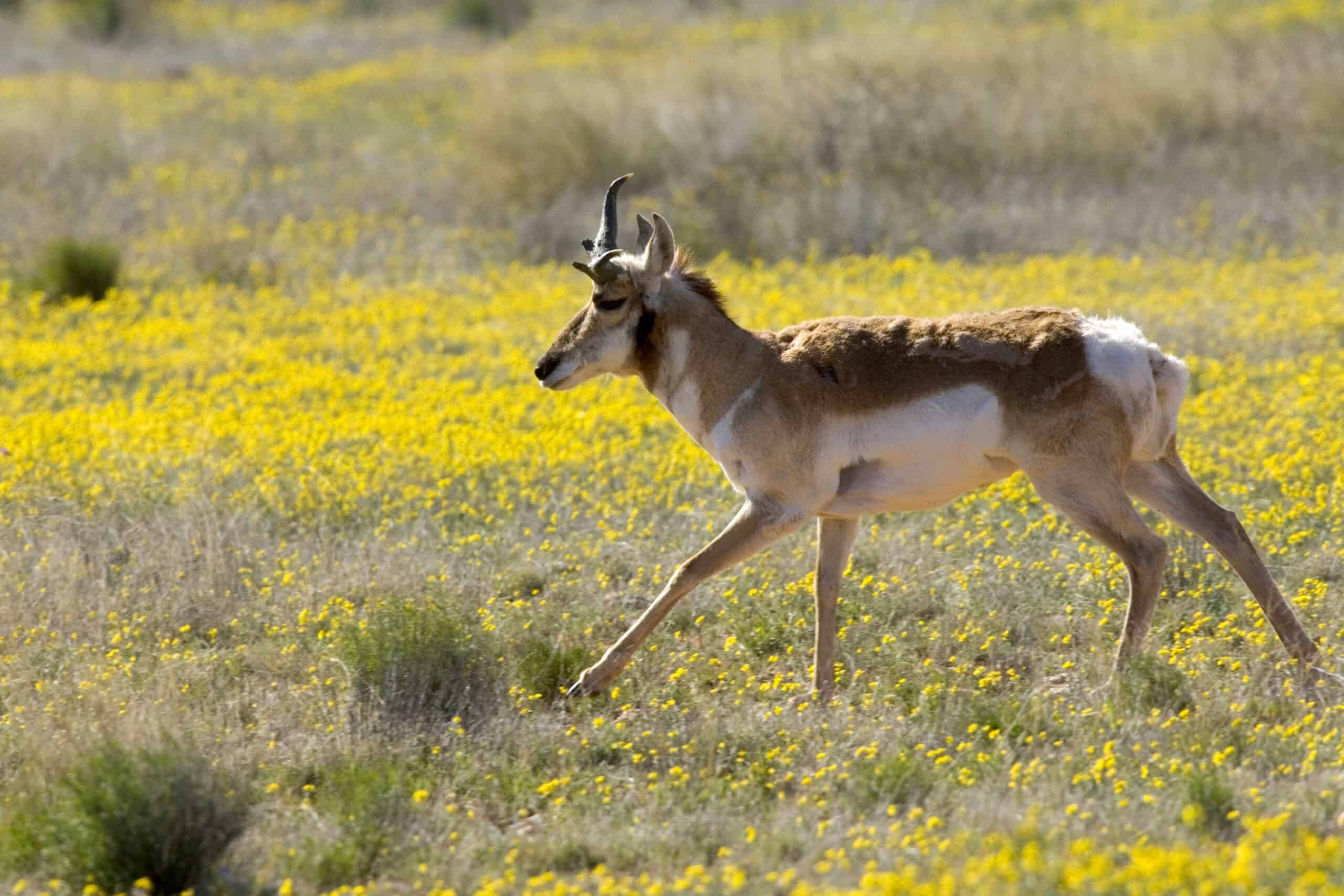Share this article
Thinking outside the box to support TWS
Alan Wentz has been an active member of The Wildlife Society since he was an undergraduate, and he and his wife Jan, who shares his love of wildlife, included TWS in their wills. But the couple hoped those donations wouldn’t “mature,” as estate planners say, for some time.
So the Wentzes found a way to put their generosity into action while they’re still alive and see their donations put to use. Working with their financial advisor, they made direct donations from their individual retirement accounts to TWS and other favorite charities.
“It was an opportunity to give donations to some groups that are going to get our money anyway,” said Alan, a TWS fellow and former president, who retired from Ducks Unlimited as the organization’s chief conservation officer in 2010.
The couple made a larger-than-normal donation to TWS, putting them in the highest tier of The 1,000, the group of committed TWS members who pledge to make an annual donation of at least $100 to fund TWS strategic plan initiatives that would otherwise be significantly delayed or unfunded.
“I think the policies and approaches and programs of TWS all deserve support,” Alan said.
When Alan turned 70 ½, he was obliged to take a required minimum distribution from his traditional IRA. He had the option under the law to take it as income and pay taxes on it. Or, he had the option to send up to $100,000 a year to the charities of their choice.
“Federal law allows an individual to donate up to $100,000 a year from IRAs,” he said, “and while we didn’t have that much, we were able to send more to TWS than normal and avoid paying federal taxes on those dollars.” While the donation is not taxed, direct IRA donations are not deductible from federal income taxes.
“This provision is relatively new and not widely known, since it only recently became permanent,” Jan said. “Even many accountants and tax advisors are not yet fully aware of it.”
“A lot of accountants and tax advisors are not particularly aware of it,” Alan said. “If you don’t have people advising you who have charitable interests, they may not ever have to use this approach.”
Most importantly, the Wentzes said, the provision allows them to make a larger-than-normal donation to TWS this year by essentially speeding up what might otherwise go to the Society as part of their estate.
“For those of us who have been long-term supporters of TWS,” said Wentz, a member since 1967, “if you have a little extra money, this is a good place to put your charitable dollars.”
The approach can be complicated, though. Alan encouraged anyone considering it to get good advice from their tax advisor or accountant and make sure the donation is included in their personal financial and estate planning. Since it’s a new provision, some advisors may not understand it. Information is available online, he said, but be sure it’s from a reputable source.
And be sure to advise TWS that the planned donation is on its way. “Otherwise,” he said, “they may not know who to credit or thank.”
The Society’s CEO, Ed Thompson, remembers opening the email from Alan alerting him about the impending donation.
“Their generosity and creative thought process is truly amazing,” he said. “Their donation not only provides much-needed support for member programs and services, it also establishes a mutually beneficial and brand new path other donors can explore to help the Society.”
Header Image: Alan and Jan Wentz share a love of wildlife, and they made a generous contribution to The Wildlife Society by making a direct donation from their IRA. ©Dale Humburg








